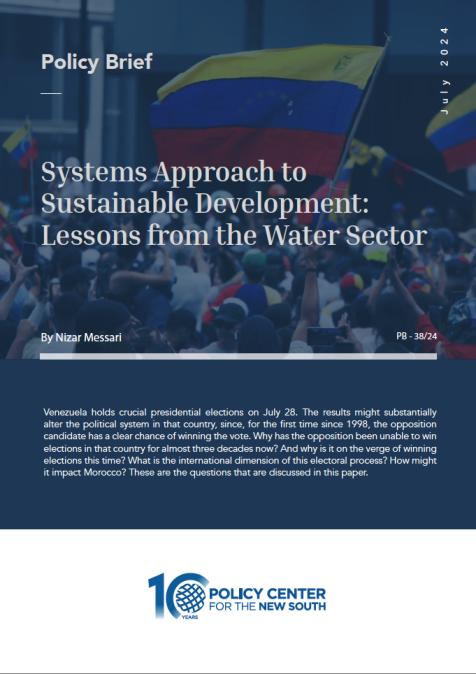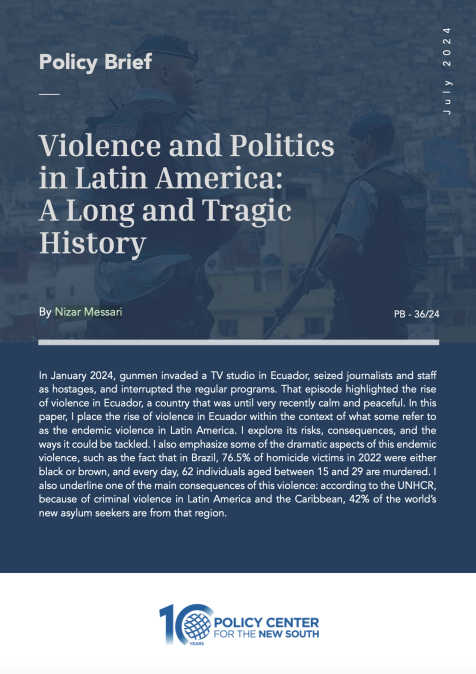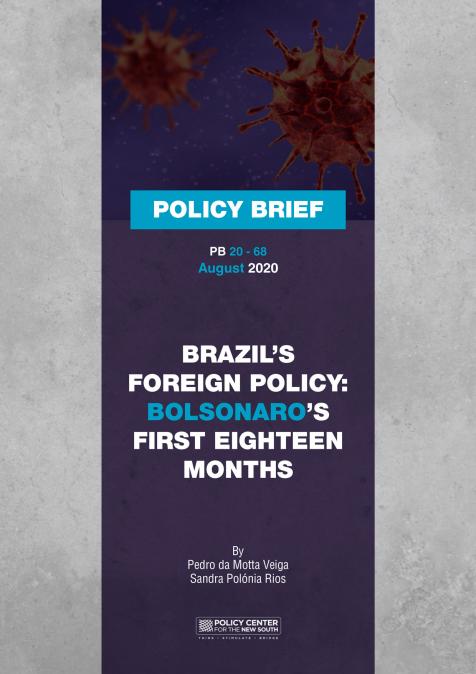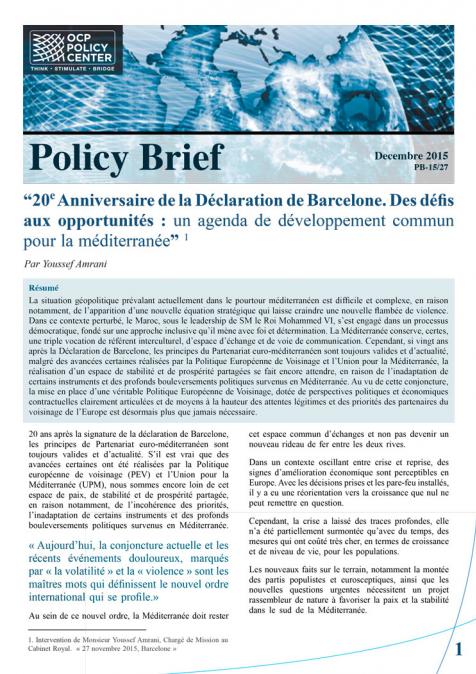Publications /
Policy Paper
The G20 Summit held in November 2024 in Rio de Janeiro, Brazil, under the Brazilian G20 presidency, showed what decentering from the Western agenda and Western domination of world politics could mean. The summit’s main achievement was the constitution of an Alliance against Hunger and Poverty, with a membership of, and funds mobilized from, not only all G20 members, but also from more than 60 other countries. In fact, what the West showed was discomfort at not having its agenda, its problems, and its challenges dominating the agenda of a meeting of world leaders. Brazilian diplomacy showed that when the South is in command, another agenda, dealing with the problems and the challenges of other members of international society, can dominate summits such as the G20. In sum, the G20 had a different focus and a different agenda to other summits, reflecting a different worldview, and potentially signaling a tectonic change in world politics. This is likely one of the main successes of President Luis Inacio Lula da Silva in his third term as president.
Indeed, when Mr. Lula da Silva was elected president of Brazil in 2022 for a third (but non- consecutive) mandate, one of the objectives he and his coalition had was to restore the image of Brazil on the world stage, after that image was significantly undermined under former President Bolsonaro. Brazil had become isolated from its traditional allies, both in South America and globally: in the Western Hemisphere, former President Bolsonaro snubbed Mercosur, the main trade partnership in the Southern hemisphere, and banned the Venezuelan President from Brazil. He was also on cold terms with U.S. President, Joe Biden, and his administration. In Europe, the EU-Mercosur trade agreement was not well received by the European Parliament, in a large measure because of Bolsonaro’s policies in the Amazon forest. Strange sparring matches between Bolsonaro and French President Emmanuel Macron, and icy relations with then German Chancellor Angela Merkel, added unnecessary strains to the tense relationships between Brazil and its main European partners. For all these reasons, one of Lula’s first priorities when he was elected was to restore that international image.
In this policy paper, I assess the first two years of President Lula in power. An intrinsic part of the assessment has to do with the evolution of the image of Brazil internationally. Brazil hosting of the G20 summit in Rio de Janeiro in November 2024 symbolizes the renewed prestige that Brazil enjoys internationally, while also underlining the fluidity of that prestige.








